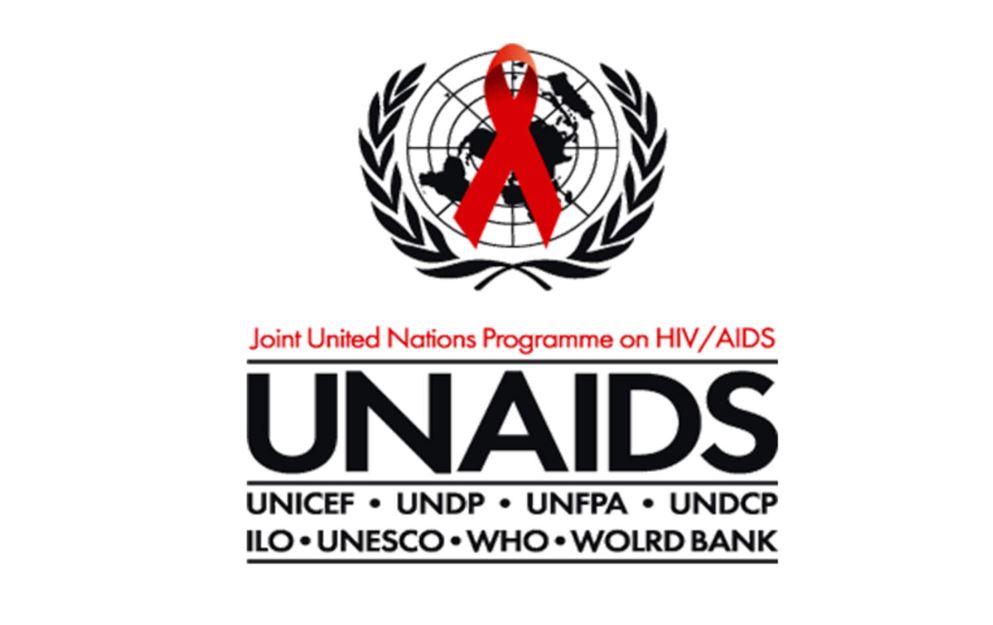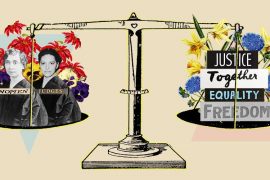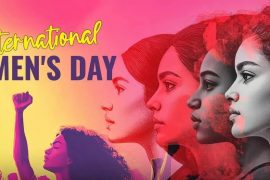United Nations HIV/Aids agency has called for urgent action to end gender-based violence (GBV) which exacerbates women’s vulnerability to HIV.
“Women who have experienced physical or sexual intimate partner violence are 1.5 times more likely to acquire HIV,” read a May 28, tweet posted on Joint United Nations Program on HIV/Aids (UNAids) account.
“Governments must take urgent action to stop gender-based violence (GBV) which continues to fuel the HIV epidemic,” stated the agency headed by Ms Winnie Byanyima.
Globally, a spike in GBV prevalence is a shadow pandemic robbing millions of women and girls of their right to live a fulfilling life. On average, the rates rose by 30 per cent all over the world, last year, as countries went into lockdown, pinning vulnerable women into abusive environments.
In Kenya, the numbers went up three times (92.2 per cent) the global average, implying a tripled number of women at risk of HIV infection.
Nevertheless, there is hope for reinforced efforts to end GBV in the country. During the recent launch of Generation Equality Forum-Kenya Chapter, President Uhuru Kenyatta pledged Sh2.3 billion towards prevention of GBV alongside integrating related essential services such as medical, legal and psychological support in an essential minimum package of Universal Health Coverage.
He further indicated that the allocation would be increased progressively to Sh5 billion.
Integrating GBV and HIV services in other reproductive health services has proved successful in encouraging women’s uptake of the respective services.
A $21 million UN H6 Joint Program on Reproductive, Maternal, Newborn, Child and Adolescent Health (RMNCAH) implemented in Mandera, Wajir, Isiolo, Marsabit, Lamu, and Migori counties between July 2015 and December 2020, led to increased access to ante-natal care alongside GBV and HIV services.
The UN H6 (Global Health Partnership) partners include UNAids, UNFPA, Unicef, WHO, UN Women and World Bank.
The program implemented in partnership with the Kenyan government, integrated the provision of quality RMNCAH as well as HIV and GBV services.
UN H6 partners’ analysis of the program’s impact indicates a 32 per cent increase in the number of women utilising ante-natal care services.
Source: http://www.nation.co.ke/





Comments are closed.